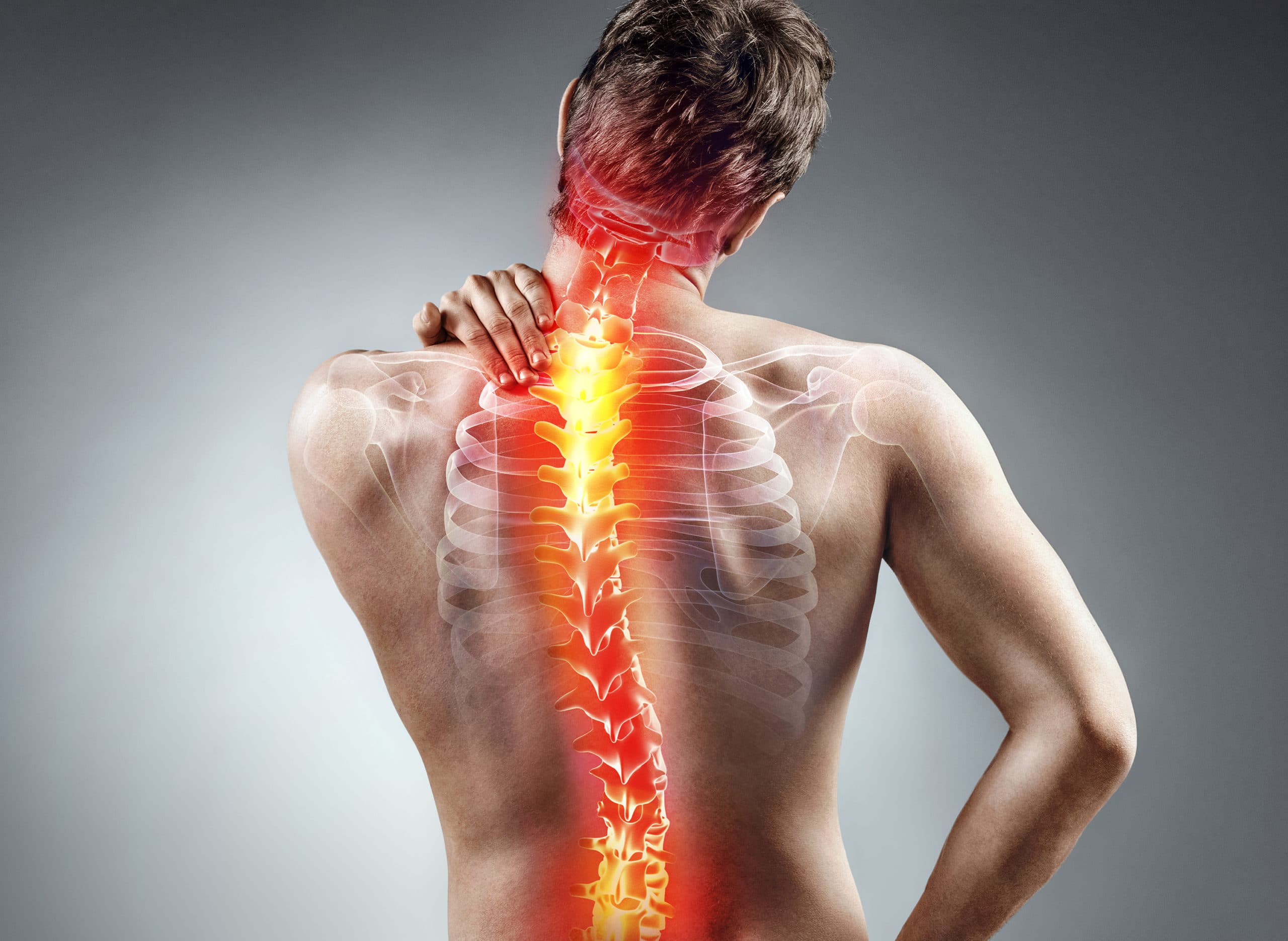Dementia is a progressive syndrome that deteriorates the cognitive function beyond what might be expected from normal aging. Particularly, it affects memory, attention, language, problem-solving, comprehension, learning capacity and judgment. Consciousness is not affected.
The impairment in cognitive function is commonly accompanied and occasionally preceded, by deterioration in emotional control, social behaviour, or motivation (World Health Organization).
The condition results from a variety of diseases and injuries that primarily or secondarily affect the brain, such as Alzheimer’s disease or stroke.
Dementia is one of the major causes of disability and dependency among older people worldwide. It can be overwhelming, not only for the people who have it but also for their carers and families.
There is often a lack of awareness and understanding of dementia, resulting in stigmatization and barriers to diagnosis and care. The impact of dementia on carers, family, and society at large can be physical, psychological, social and economic.
Symptoms of Dementia
Every individual is unique and dementia affects people differently. This means the symptoms will develop and be exhibited in different ways by affected individuals.
The impact of this condition on a patient is determined by a number of factors such as personality, general health, and social situation before falling ill. Dementia symptoms can be categorized into three stages namely; early, middle and last stage.
Early Stage – Early symptoms of Dementia often consist of changes in personality, or in behavior and usually not given much attention to as it gradually develops. The symptoms include:
- Memory loss
- Forgetfulness
- Losing track of the time
- Unable to recognize familiar faces
- Looking lost in familiar environment.
Middle Stage – The symptoms at this stage becomes visible and more restricting. Symptoms include:
- Inability to recall recent events and people’s names
- Becoming lost at home
- Having increasing difficulty with communication
- Having Problems with language speaking
- Unable to recognize familiar places.
- Having disorientation to time, day and place
- Needing help with personal care
- Experiencing behaviour changes, including wandering and repeated questioning.
Late Stage – the late stage of dementia is one of near-total dependence and inactivity. Memory disturbances are serious and the physical signs and symptoms become more obvious. Symptoms include:
- Becoming unaware of the time and place
- Having difficulty recognizing relatives and friends
- Having an increasing need for assisted self-care
- Having difficulty walking
- Having difficulty performing familiar tasks
- Experiencing mood or behaviour changes that may escalate and include aggression.
- Poor or decreased judgment
- Problems with keeping track of things
- Misplacing things easily
- Changes in personality
- Loss of initiative
- Unable to identify commonly used items
Causes of Dementia
There are several causes of dementia but the most common cause are Alzheimer’s disease and stroke. Research showed 60% to 80% of people with dementia have Alzheimer’s. However other causes of dementia include:
Degenerative neurological diseases – These include, Parkinson’s disease, Huntington’s disease, and some types of multiple sclerosis. These diseases get worse over time.
Vascular disorders – These are disorders that affect the blood circulation in your brain. This may occur in people who have long-term high blood pressure, severe hardening of the arteries, or several small strokes. Strokes are the second most common cause of dementia.
Traumatic brain injuries – This is usually caused by car accidents, falls, concussions, etc.
Dementia with Lewy bodies – It can cause short-term memory loss.
Frontotemporal dementia – This is a group of diseases that includes Pick’s disease.
Leukoencephalopathies – These are diseases that affect the deeper, white-matter brain tissue.
Creutzfeldt-Jakob disease – This is a rare and fatal condition that destroys brain tissue.
Multiple-system atrophy – This is a group of degenerative brain diseases that affect speech, movement, and autonomic function.
Infections such as late-stage syphilis – Antibiotics work well to treat syphilis at any stage, but they can’t reverse the brain damage already done. Other infections are meningitis, HIV, and Creutzfeldt-Jakob disease.
Inherited dementia – Some disorders that cause dementia can run in families. If a person younger than 50years show signs of dementia without having any of the medical conditions mentioned, such person condition is associated with genetics.
Dementia causes are not limited to those mentioned above. In addition, severe head injuries, nutritional deficiencies, and long-time alcohol or drug use are also factors that can cause dementia.
Treatment of Dementia
Currently, medical professionals are still in search of a permanent cure for dementia and have recommended the use of medication such as supplements to improve symptoms.
All medicines have at least two names: a generic name, which identifies the substance, and a proprietary (trade) name, which may vary depending upon the company that makes it. For example, Doctor’s Best is a trade name for dietary and nutritional supplements that enhances memory and brain functions.
Ensure you know the symptom or symptoms the supplement you want to use is meant for, and then monitor how it is working. However, don’t expect immediate results after you have resumed the medication, benefits or improvement may take several weeks to appear.
In some cases, the supplement responsiveness may decline. This is because dementia is a degenerative condition, meaning that the chemistry and structure of the brain will change during the course of the illness. ( See symptoms this supplement works for)
Summary
Dementia is a condition that can affect language, comprehension, motor skills, short-term memory, ability to identify commonly used items, reaction time, personality traits, and executive functioning. It can be caused by several factors such as Degenerative neurological diseases, long alcohol use or drugs, nutritional deficiencies, severe head injuries, and many other ailments. The symptoms of dementia can be improved with supplements as there is currently no permanent cure. Go To Home Page for More








